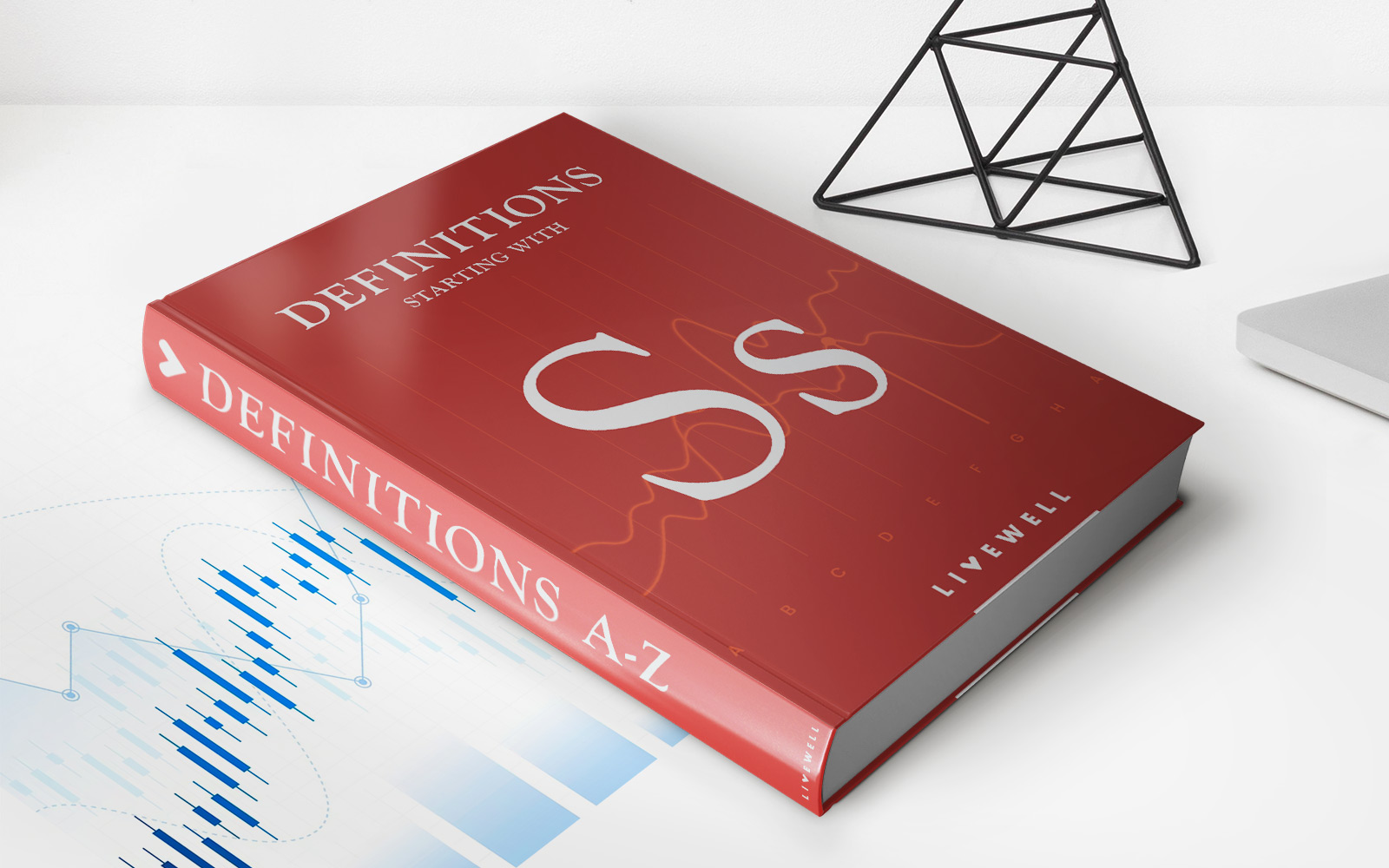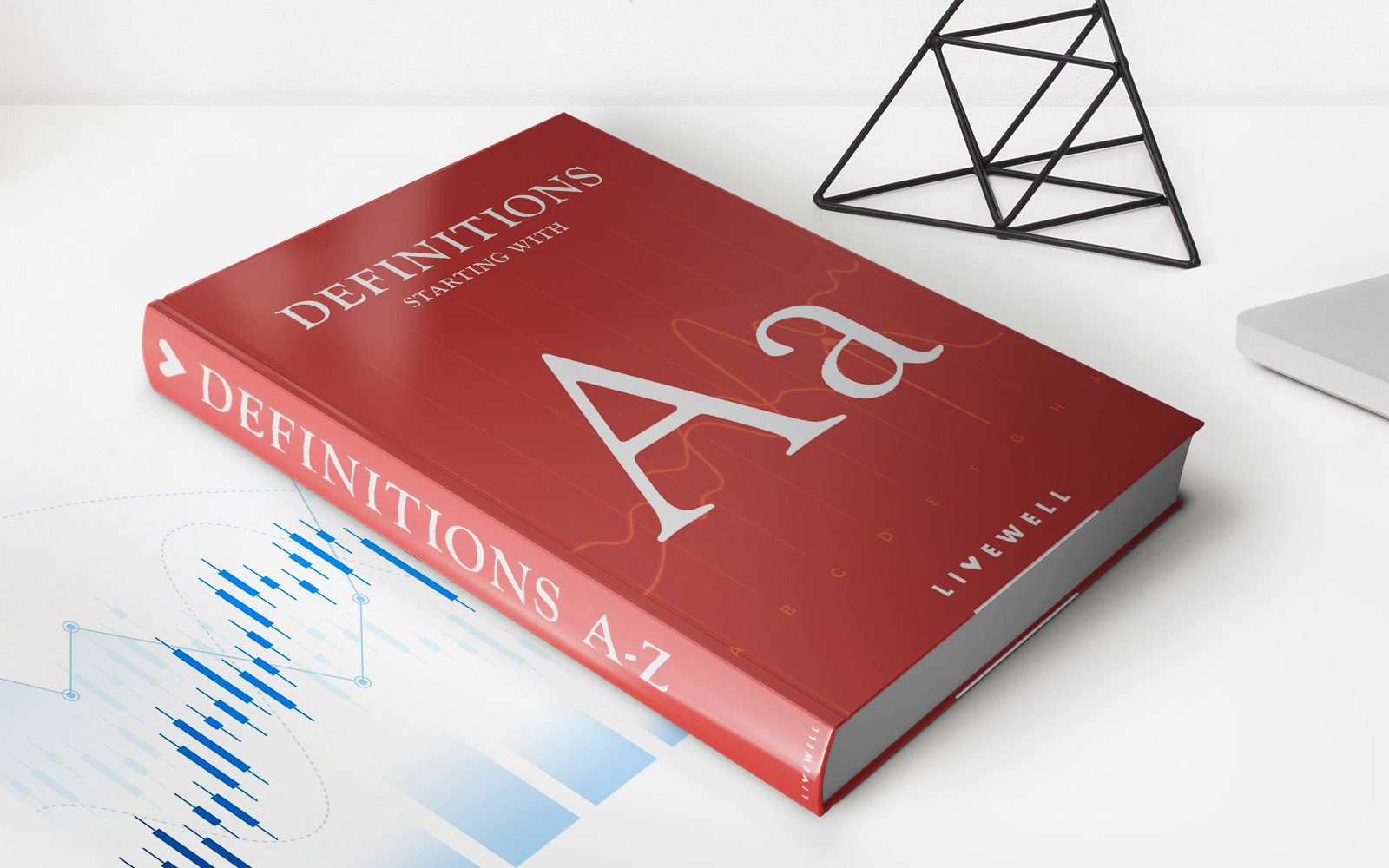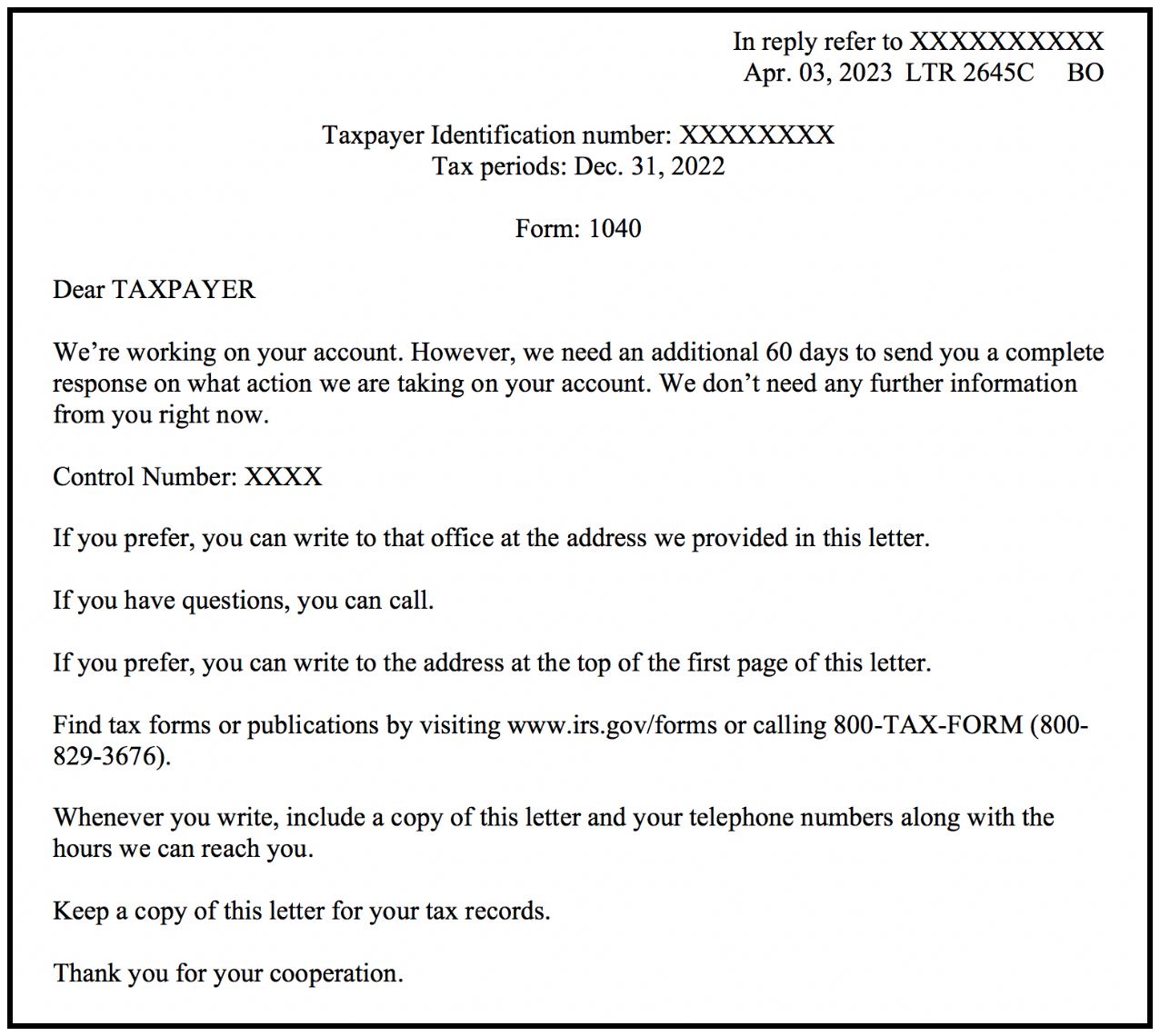Home>Finance>Demand Letter: Definition, Purposes, Sample Contents, Legality


Finance
Demand Letter: Definition, Purposes, Sample Contents, Legality
Published: November 10, 2023
Learn about the definition, purposes, and legality of demand letters in the field of finance. Get a sample letter contents and understand how to use them effectively.
(Many of the links in this article redirect to a specific reviewed product. Your purchase of these products through affiliate links helps to generate commission for LiveWell, at no extra cost. Learn more)
Demystifying Demand Letters: What You Need to Know
As we navigate the world of finance, there are often legal matters that arise, requiring precise documentation and communication. One such document that can play a crucial role in resolving financial disputes is a Demand Letter. But what exactly is a Demand Letter? How does it serve its purpose? Is it legally enforceable? In this blog post, we will dive deep into the realm of Demand Letters, providing you with all the information you need to understand their definition, purposes, sample contents, and legality.
Key Takeaways:
- A Demand Letter is a written document that outlines a party’s grievances and demands for specific action to be taken.
- These letters can serve multiple purposes, including debt collection, dispute resolution, contract enforcement, and more.
Defining a Demand Letter
In its simplest form, a Demand Letter is a written communication sent by one party to another in order to express their grievances and request specific action or resolution. This formal document outlines the issues at hand, provides a clear timeline for response or action, and often serves as a prelude to further legal action if necessary.
Now, you might wonder, “Why would someone resort to a Demand Letter instead of skipping straight to a lawsuit?” The answer lies in the effectiveness and efficiency of addressing a dispute or financial matter before escalating it to a formal lawsuit. By clearly articulating their grievances and desired outcomes in a Demand Letter, parties give each other an opportunity to resolve the issue without incurring additional legal expenses or time-consuming court processes.
Purposes of a Demand Letter
A Demand Letter can serve various purposes depending on the specific circumstances. Here are a few common purposes:
- Debt Collection: If you are owed money and the debtor is not responding to previous attempts to collect, a Demand Letter can be an effective way to communicate your expectation for payment and create a paper trail for future legal steps if needed.
- Dispute Resolution: When parties are embroiled in a financial disagreement, a Demand Letter can be a powerful tool to communicate grievances, desired outcomes, and potential consequences if resolution is not achieved. It demonstrates a serious intent to address the issue and can motivate the other party to engage in meaningful negotiations.
- Contract Enforcement: If one party believes that the other party has violated terms outlined in a contract, a Demand Letter can set the stage for enforcing those terms. It outlines the alleged breaches, demands specific actions to rectify the situation, and can serve as evidence of good faith efforts to resolve the matter before pursuing legal action.
Sample Contents of a Demand Letter
While the exact contents of a Demand Letter may vary depending on the circumstances, there are certain elements that should be included:
- Introduction: Clearly state the purpose of the letter and identify the individuals or entities involved.
- Description of Grievances: Provide a detailed explanation of the issues at hand, including any supporting evidence or documentation.
- Specific Actions Demanded: Clearly state the actions or resolutions expected from the other party, providing a reasonable timeline for compliance.
- Consequences of Non-compliance: Optionally, include a section outlining the potential legal consequences should the other party fail to respond or take the necessary action.
- Closing and Contact Information: Politely end the letter, including your contact information should the recipient wish to engage in further discussions or provide a response.
Legality of Demand Letters
Demand Letters are generally considered legal and carry weight in both formal and informal settings. However, it is essential to understand that a Demand Letter itself does not automatically guarantee the desired outcome. While the initiation of legal action may follow a failed attempt at resolution, the letter’s enforceability will depend on various factors, including applicable laws and the strength of the claims made.
It is always advisable to consult with a legal professional before sending or responding to a Demand Letter, as they can provide valuable guidance based on their expertise and understanding of relevant laws.
Now armed with a comprehensive understanding of Demand Letters, you can confidently navigate potential financial disputes or issues, utilizing this powerful tool to express your grievances, make specific demands, and hopefully find resolution without resorting to costly and time-consuming litigation. Remember, communication and clarity are key when it comes to seeking a resolution in the realm of finance.














